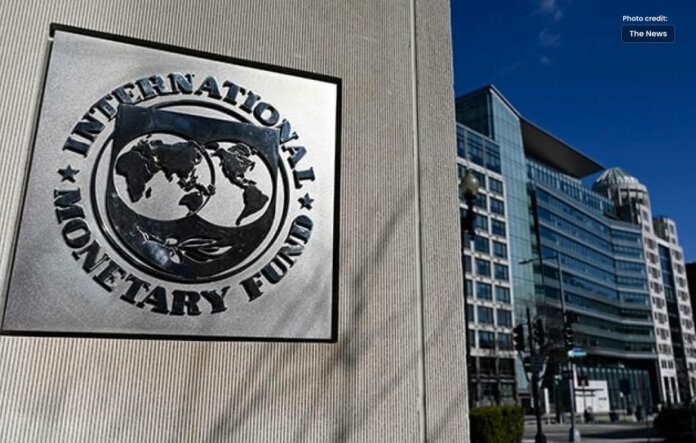Pak strives to revive EFF with IMF project through desperate attempts.
The ninth review, which was due on November 3 of last year, is still being negotiated between Pakistan and the IMF project. When an IMF mission travelled to Pakistan for face-to-face talks on January 31, the formal negotiations got underway.
The prospects are dwindling every day, primarily since the $6.5 billion current scheme under the EFF will end on June 30.
The scheduled negotiations, which ended on February 9, did not result in an agreement between the two parties. Since then, there have been numerous online meetings, but the issues still exist under the terms of the Staff Level Agreement (SLA) created by the Fund.
The current programme risks failing if the SLA is not reached by the upcoming budget for 2023–24, which is scheduled to be revealed on June 9.
“There are still a few possibilities for proceeding. The first step entails immediately signing the SLA, presenting Pakistan’s request to the IMF Executive Board for approval of the next $1 billion tranche, and securing a brief extension of the EFF program period to allow for the completion of the 10th and 11th Reviews, according to sources with knowledge of the background discussions.
The second alternative might be to combine the 9th and 10th evaluations and have Pakistan inform the IMF of its anticipated budgetary figures.
The SLA will be signed after the release of the budget, if it is approved by Parliament. The IMF’s Executive Board can approve joint tranches and extend the EFF program to the 11th review in July or August. Can be completed by 2023.
There are no easy solutions; Both parties will need to develop mechanisms for a growing consensus. According to the official who spoke on the record. The current strategy of maintaining the status quo cannot lead to any progress.
Option are Constrained:
Dr. Khaqan Najib, a former adviser to the Ministry of Finance, claimed that the country’s inability to reach a staff-level agreement with the IMF was due to increased political unpredictability, economic mismanagement, and lack of adequate arrangements.
The delay, which first began on November 3 and then continued after February 10, has forced Pakistan’s financial alternatives beyond June 2023 and the budget into the IMF’s attention. These are difficult questions for a government an economy in a scenario resembling a crisis.
Pakistan has few options, and the default risk would remain high and the reserves would be insufficient without an IMF plan.
Dr. Najeeb added that while options exist to strike the SLA in the coming days or combine the 9th and 10th reviews before asking for an extension of the program beyond June, they are beginning to appear challenging. He also noted that life without the IMF entails additional financing from friendly nations, rollovers, and commercial financing at higher costs.
However, those in the know are aware that this is only a transitory situation because any interim or new structure would require additional program backing from the IMF because repayment requires $25 billion.
He determined that without the IMF, it would be nearly difficult to finance the current account for FY24 in addition to this.




